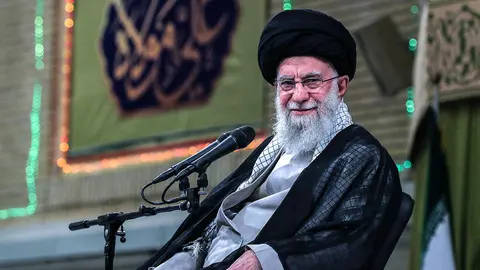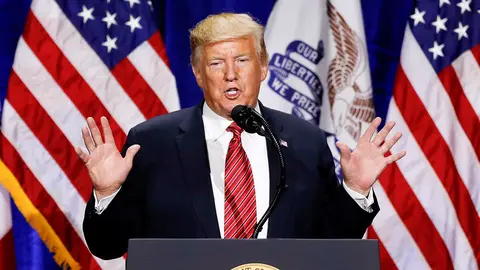Progress in nuclear talks between the United States and Iran
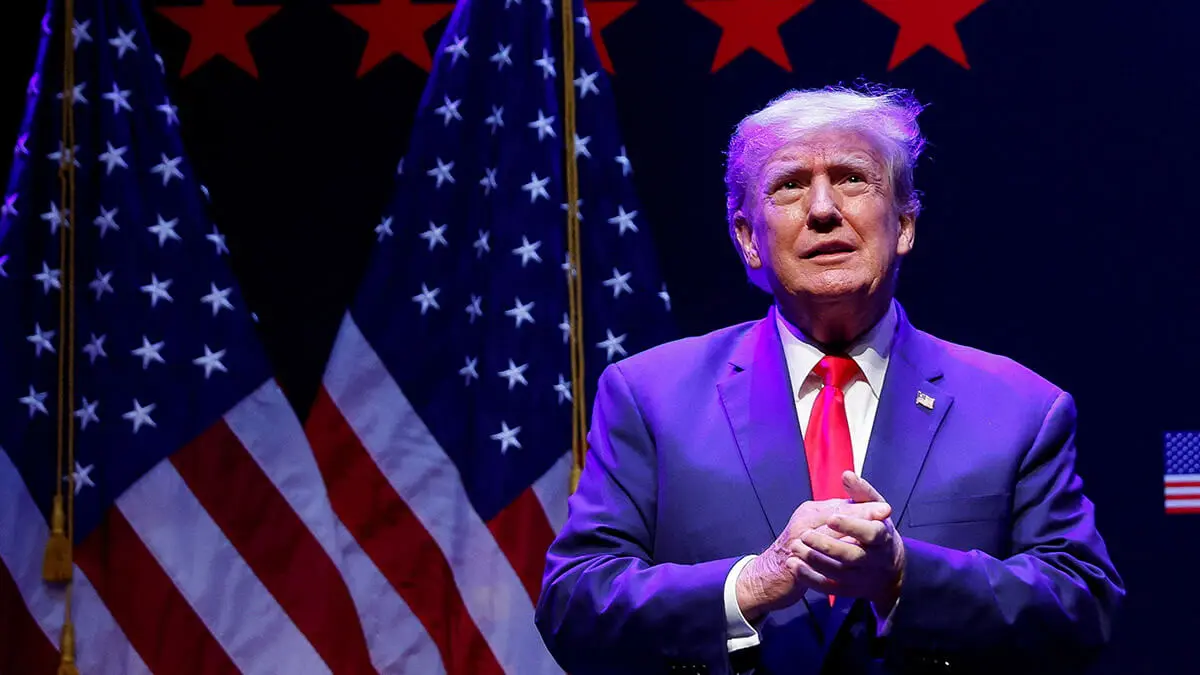
Nuclear negotiations between the United States and Iran continue to move forward after a second round of talks held this weekend in Rome. After the meeting, the Trump administration expressed optimism, describing the meeting as a success. As a senior US official told CNN, ‘significant progress’ was made in these recent talks, which lasted more than four hours.
For the time being, US authorities have already confirmed that the parties have agreed to meet again next week in Oman, where the negotiations began.
From Tehran, Foreign Minister Abbas Araghchi also highlighted the positive nature of the meeting, assuring that ‘there is progress’. ‘We have reached a better understanding and agreement on some principles and objectives in these negotiations in Rome,’ he said.
However, despite the positive messages, the regional context remains tense. President Donald Trump has threatened to take military action, in coordination with Israel, against Iranian nuclear facilities if a new agreement is not reached. In the last week, officials in his administration have oscillated between maximalist positions, described by Iran as ‘red lines,’ and more conciliatory proposals.
Trump rejects Israeli plan to attack Iranian nuclear facilities
Amid this situation, The New York Times recently reported that Trump had rejected an Israeli plan against Iran's nuclear facilities and, on the contrary, had shown himself in favour of negotiating an agreement with the Iranian regime.
According to the newspaper, there were two opposing positions within the administration: one that included CENTCOM commander General Michael E. Kurilla, who supported Israel's plans, and the other, concerned about the possibility of the United States being drawn into a regional war. The New York Times even suggests that Israeli Prime Minister Benjamin Netanyahu's visit to the White House earlier this month was intended to convince Trump to approve the attack.

Israel has been one of the strongest advocates for Iran to completely dismantle its nuclear weapons. Once again, amid the current negotiations, Netanyahu's office issued a statement reiterating its policy toward Iran and assuring that ‘Israel will not allow Iran to obtain nuclear weapons.’
Iran reaffirms its right to enrich uranium
In 2015, the Islamic Republic of Iran and six world powers, including the United States, signed a nuclear agreement in which Tehran pledged to limit its nuclear programme in exchange for the lifting of international sanctions. However, Trump unilaterally withdrew from the pact in 2018 during his first term. In response, Iran resumed uranium enrichment, reaching a purity of 60%, dangerously close to the 90% needed for weapons use.
Although Tehran maintains that its nuclear programme is exclusively for peaceful purposes, the rapid progress in uranium enrichment, a key step towards the possible manufacture of nuclear weapons, is causing growing concern in the international community.
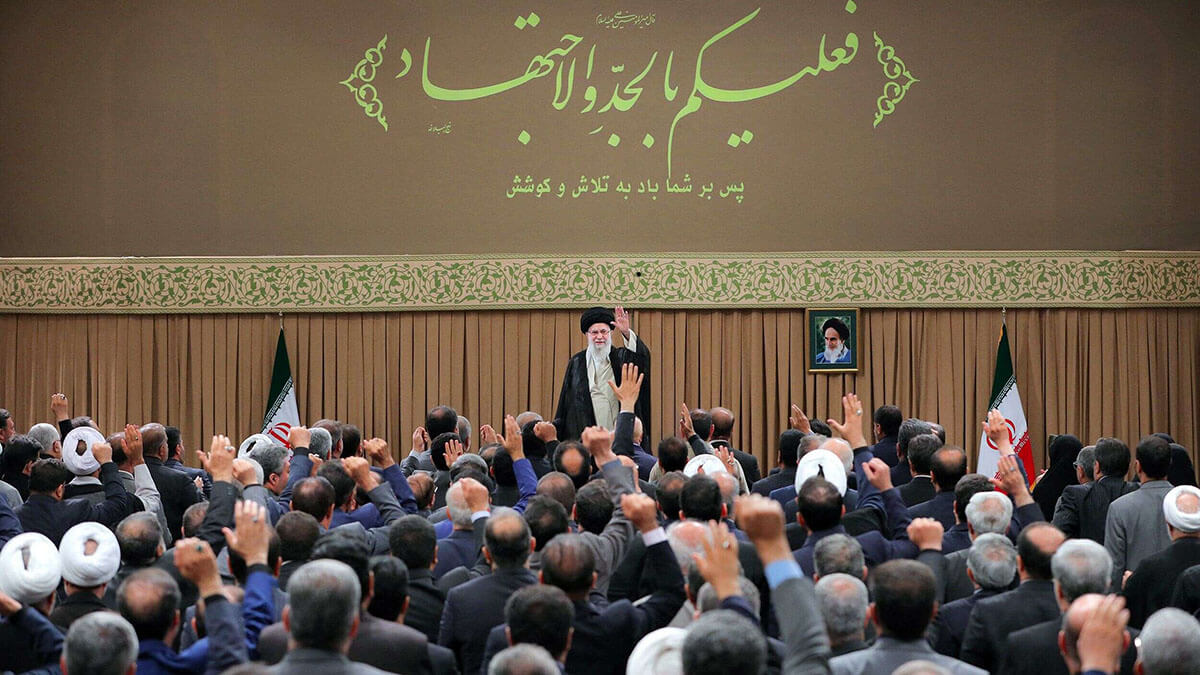
In this regard, following the first high-level meeting, Iran reaffirmed its right to enrich uranium and accused Washington of sending ambiguous messages. ‘Iran's uranium enrichment is a real and genuine issue. We are willing to build trust on possible concerns, but the issue of enrichment is non-negotiable,’ Minister Araghchi warned, according to state-run Press TV.
The current talks between the United States and Iran began after Trump sent a letter last month to Iran's supreme leader, Ayatollah Ali Khamenei, proposing negotiations on a new agreement and setting a two-month deadline for a solution. Shortly afterwards, Iranian President Masoud Pezeshkian rejected the possibility of direct talks but left the door open for indirect negotiations through Oman.
In recent weeks, Iran has expressed doubts about Trump's reliability as a negotiating partner, arguing that his record of backtracking compromises any possible agreement. It has also made clear that it will not accept a deal that involves the total dismantling of its nuclear programme, although it would be willing to limit its uranium enrichment to civilian uses, as stipulated in the 2015 agreement. Similarly, Tehran has put the possibility of disarming its regional allies on the negotiating table.
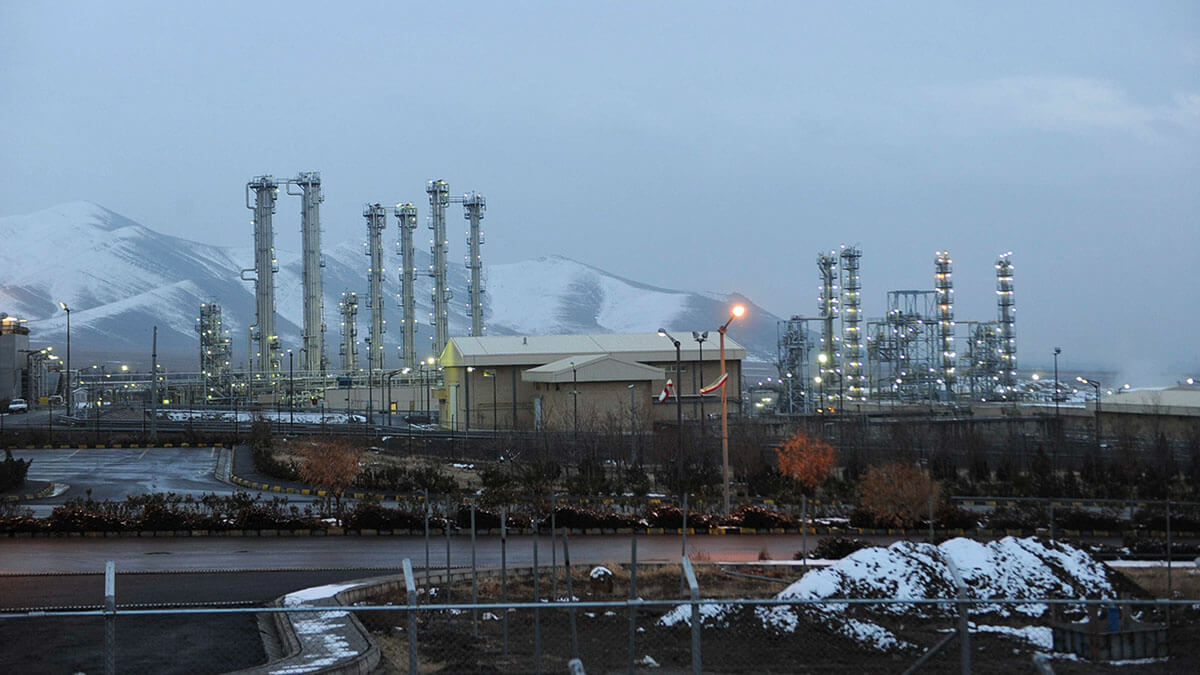
Steve Witkoff, the US representative in the talks, said that future negotiations will focus on mechanisms for verifying Iran's nuclear programme, without insisting for now on its complete dismantling. This approach suggests a possible return to the terms of the agreement promoted by the Obama administration.
As the next rounds of negotiations are being prepared, the Sultan of Oman is scheduled to travel to Russia on Monday for a two-day visit, during which he will meet with President Vladimir Putin. Russia and Iran have maintained a close alliance for years, and Moscow was part of the 2015 nuclear agreement. Everything indicates that it could also play a key role in shaping any new pact.

